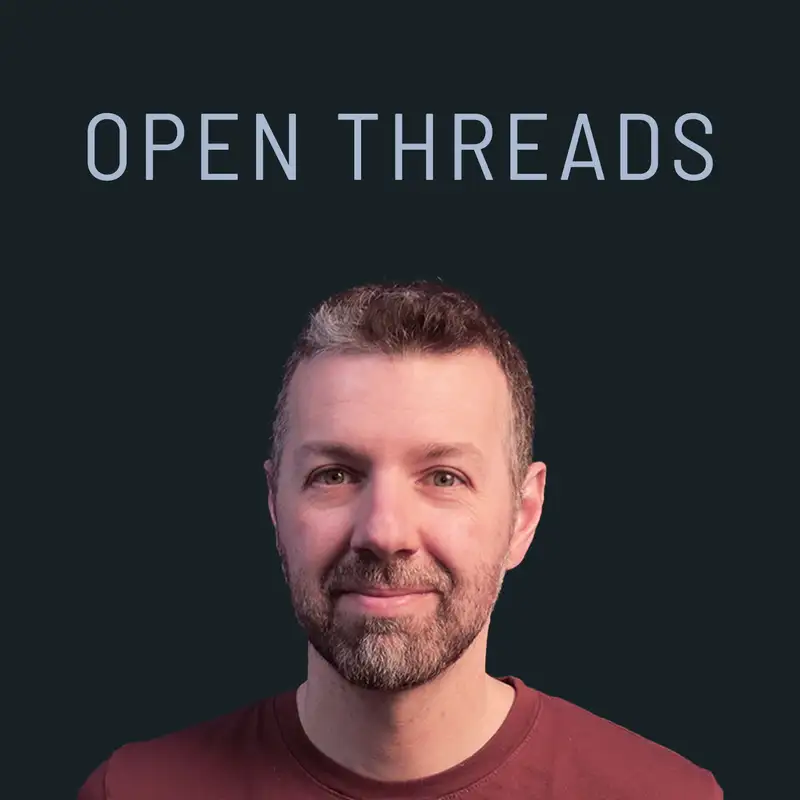The business of community with Matt Gartland, CEO of SPI with Pat Flynn
Matt Gartland, partner and CEO of Smart Passive Income, joins me to talk about the business of community.
Brian and Matt's conversation was recorded on August 29, 2022.
Brian and Matt's conversation was recorded on August 29, 2022.
Creators and Guests

Host
Brian Casel
Teaching product skills at https://t.co/slTlMF8dXh | founder @Clarityflow | co-host of https://t.co/pXrCHLdDwe

Guest
Matthew Gartland
Family man. Founder. Startup advisor. Current: CEO of @teamspi. Past: too many to list. Quiet on social media, because sanity.

